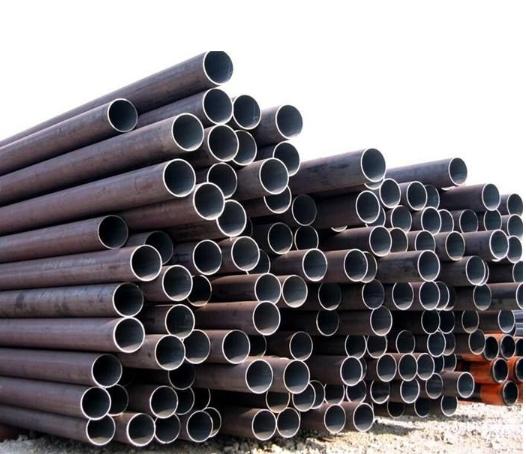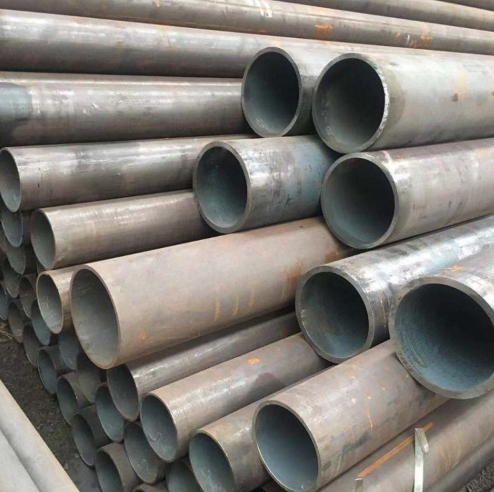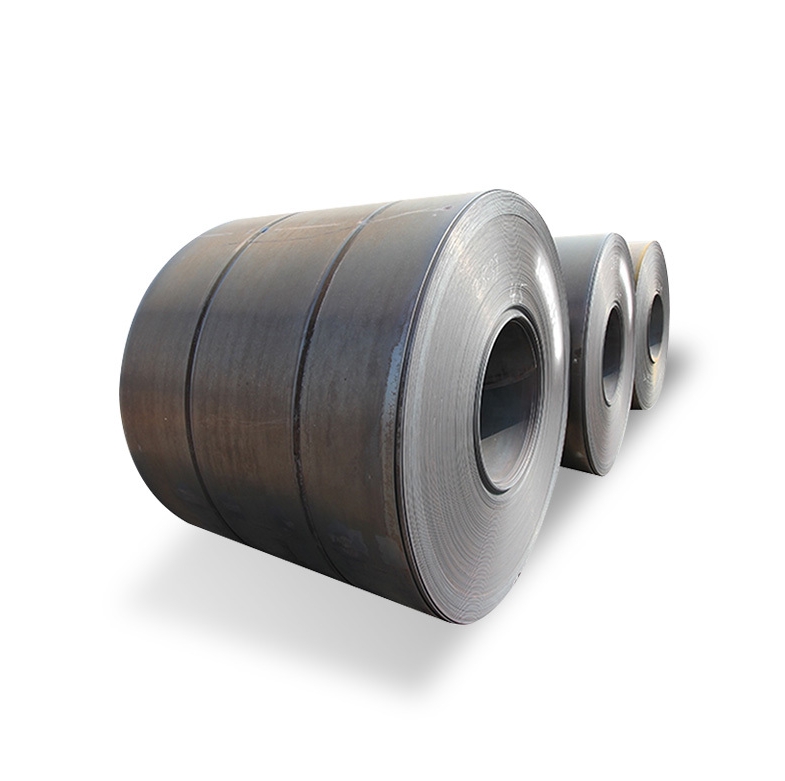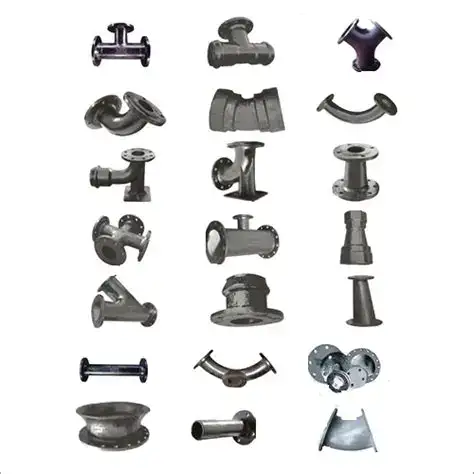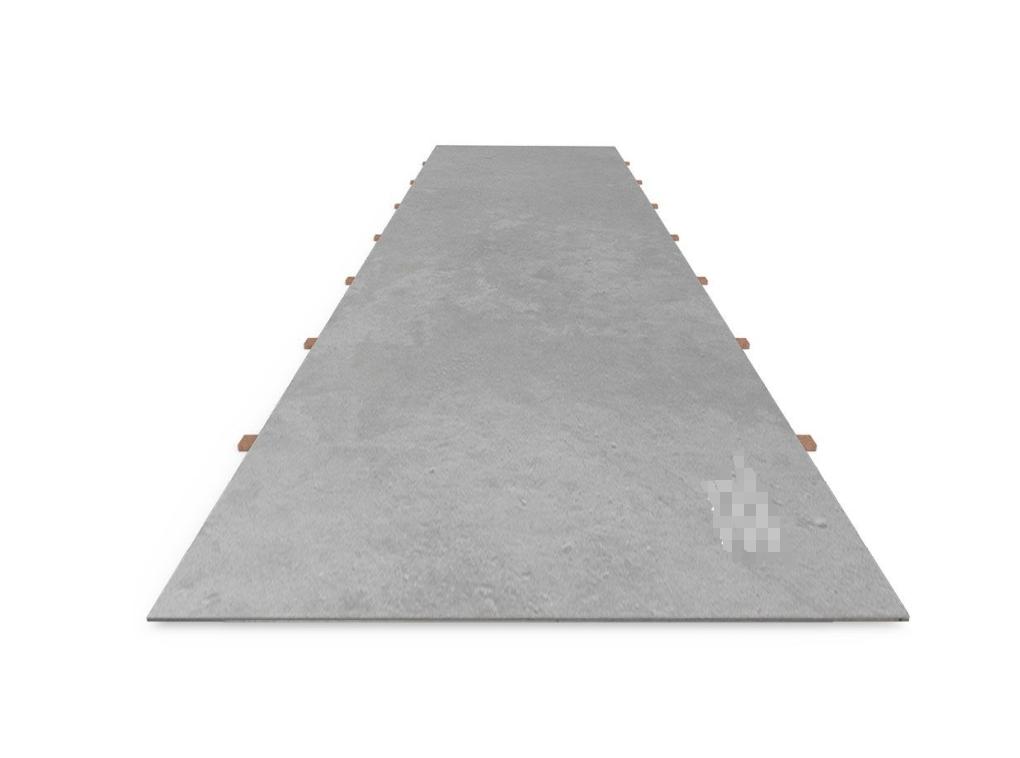What Is a Schedule 80 Carbon Steel Pipe?
Schedule 80 carbon steel pipes are widely used in various industrial and commercial applications due to their durability, strength, and versatility. Whether you are working on plumbing systems, mechanical projects, or even construction, choosing the right type of pipe is essential for ensuring efficiency and long-term reliability. But what makes schedule 80 carbon steel pipe different from other types of pipes, and why is it important in industrial settings?
In this article, we will explore everything you need to know about schedule 80 carbon steel pipes, including their specifications, advantages, applications, and how to select the right pipe for your needs.
What Are Schedule 80 Carbon Steel Pipes?
Pipe Schedule: What Does It Mean?
The term “schedule” refers to the wall thickness of a pipe. Schedule 80 is a classification that indicates a pipe with a thicker wall compared to others in the same diameter class. This makes schedule 80 carbon steel pipes stronger and more resistant to internal pressure. The pipe’s schedule number also correlates with the pipe’s pressure rating—meaning higher schedule numbers equate to higher pressure handling capabilities.
Key Features of Schedule 80 Carbon Steel Pipes:
-
Wall Thickness: Schedule 80 pipes have a thicker wall than schedule 40 pipes.
-
Strength: The increased wall thickness allows these pipes to handle higher pressure.
-
Durability: Resistant to corrosion, wear, and high pressure, which makes them ideal for challenging applications.
-
Cost-Effective: More affordable than other high-strength pipe materials, like stainless steel.
Applications of Schedule 80 Carbon Steel Pipes
1. Plumbing and Water Supply Systems
One of the most common uses for schedule 80 carbon steel pipes is in plumbing systems. Due to their pressure resistance, these pipes are ideal for carrying water in both residential and industrial systems. They are commonly used in situations where high internal pressure is expected, such as in pumping stations or water treatment facilities.
Case Study: Plumbing System in Industrial Facility
In a recent project, I worked with a team to design a water distribution system for a large industrial complex. We chose schedule 80 carbon steel pipes because of their ability to withstand the high-pressure water flow needed to reach the various sections of the plant. The result was a durable and efficient system that minimized leak risks and maintenance needs.
2. Oil and Gas Industry
Schedule 80 carbon steel pipes are extensively used in the oil and gas industry for transporting crude oil, natural gas, and other fluids. Their resistance to high pressures and ability to perform under extreme temperatures make them a reliable choice for pipelines in this field.
Benefits in the Oil and Gas Industry:
-
Pressure Resistance: Capable of handling the high pressure associated with oil and gas pipelines.
-
Long-Lasting: Due to their durability, these pipes are often preferred in remote and harsh environments.
3. Chemical and Industrial Manufacturing
In chemical processing plants, schedule 80 carbon steel pipes are used to transport chemicals that are either pressurized or corrosive. The thicker wall thickness makes these pipes more resistant to the aggressive nature of chemicals, ensuring that the pipe remains intact under extreme conditions.
Example of Use in Manufacturing:
In a manufacturing facility that deals with chemicals, we used schedule 80 carbon steel pipes to transport corrosive liquids. These pipes ensured the safe delivery of chemicals while minimizing the risk of leaks and rupture.
Advantages of Using Schedule 80 Carbon Steel Pipes
1. Increased Pressure Handling Capacity
Due to their thick walls, schedule 80 carbon steel pipes can withstand significantly higher internal pressures than schedule 40 pipes. This makes them ideal for applications where pressure is a concern, such as in industrial and hydraulic systems.
Pressure Rating Comparison:
| Pipe Type | Max Pressure Rating | Wall Thickness |
|---|---|---|
| Schedule 40 | 2,000 psi | 0.154 inches |
| Schedule 80 | 2,500 psi | 0.218 inches |
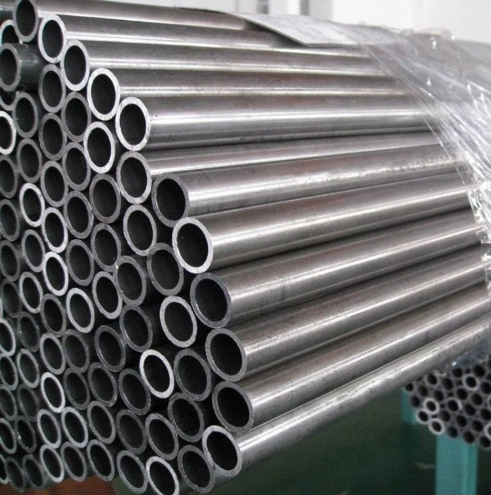
2. Durability and Longevity
Schedule 80 carbon steel pipes are known for their durability, making them a long-lasting solution for heavy-duty applications. These pipes are resistant to cracking, pitting, and other forms of damage that can occur in environments with high pressure or corrosive materials.
3. Versatility in Application
Another major advantage of schedule 80 carbon steel pipes is their versatility. They can be used in a wide range of industries, including plumbing, oil and gas, manufacturing, and construction. Their ability to handle different fluid types and pressures makes them a go-to solution in many industries.
How to Choose the Right Schedule 80 Carbon Steel Pipe for Your Project
Step-by-Step Guide to Selecting the Right Pipe
-
Identify the Fluid or Material Being Transported: Determine if the material is a gas, liquid, or chemical and assess its temperature and pressure.
-
Calculate the Required Pressure Rating: Based on the system’s pressure needs, choose a pipe with the appropriate pressure handling capacity.
-
Consider the Pipe Diameter: Larger diameter pipes are required for systems with higher flow rates.
-
Evaluate Environmental Factors: Consider whether the pipe will be exposed to chemicals, high temperatures, or other harsh environmental conditions.
-
Consult with a Supplier: Reach out to trusted suppliers for guidance on selecting the right grade and specification of schedule 80 carbon steel pipes.
Comparing Schedule 80 Carbon Steel Pipes with Other Pipe Types
Schedule 80 vs Schedule 40 Carbon Steel Pipe
Many buyers often wonder about the difference between schedule 80 carbon steel pipes and schedule 40 pipes. While both are made from carbon steel, schedule 80 has a thicker wall and, therefore, a higher pressure rating than schedule 40 pipes.
| Feature | Schedule 40 Carbon Steel Pipe | Schedule 80 Carbon Steel Pipe |
|---|---|---|
| Wall Thickness | Thinner | Thicker |
| Pressure Rating | Lower | Higher |
| Applications | Light-duty applications | Heavy-duty, high-pressure systems |
| Price | More affordable | Slightly more expensive |
In terms of price, schedule 40 pipes are more affordable, but they are not ideal for high-pressure applications. On the other hand, schedule 80 pipes are more expensive but offer higher strength, making them suitable for demanding projects.
Common Mistakes to Avoid When Purchasing Schedule 80 Carbon Steel Pipes
⚠️ Attention: Avoid These Pitfalls When Buying Schedule 80 Carbon Steel Pipes!
-
Overestimating Pipe Size: While it’s tempting to go for larger pipes, always calculate the required pipe size based on your flow rate needs to avoid unnecessary costs.
-
Ignoring Material Compatibility: Ensure the pipe material is compatible with the fluids or gases being transported to prevent corrosion or pipe degradation.
-
Neglecting Pressure Ratings: Never assume that all pipes can handle the same pressure. Always check the pressure rating before purchasing to ensure it suits your application.
Final Checklist for Purchasing Schedule 80 Carbon Steel Pipe
Before finalizing your purchase, ensure you have checked the following:
-
✅ Pressure Requirements: Make sure the pipe can handle the required internal pressure.
-
✅ Correct Pipe Size: Ensure you are choosing the right diameter for your system.
-
✅ Compatibility with Fluids: Confirm that the pipe is suitable for the fluids you plan to transport.
-
✅ Supplier Reputation: Choose a reliable supplier with quality products and customer support.
-
✅ Certification and Compliance: Ensure the pipes meet the required industry standards, such as ASTM or ASME certifications.
Conclusion
In summary, schedule 80 carbon steel pipes are an essential material in various industries where high pressure, durability, and reliability are critical. By understanding the specifications, benefits, and factors influencing their selection, you can confidently choose the right pipe for your needs. Whether you’re working on plumbing, oil and gas, or manufacturing projects, schedule 80 carbon steel pipes provide the strength and longevity necessary to ensure the success of your project.


